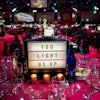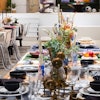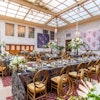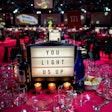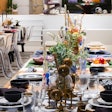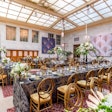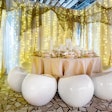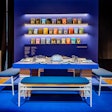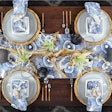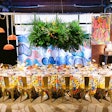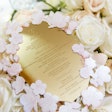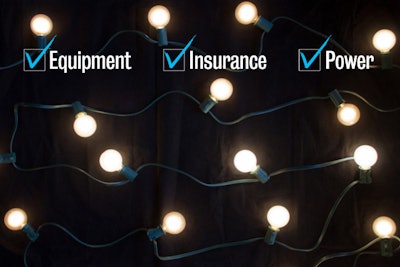
From checking a venue's power supply to establishing a dress code, here at eight things to discuss with your lighting vendor before an event.
1. Do you own your equipment?
While rentals might be necessary for big events or for very specialized effects, it’s important that your lighting vendor owns the majority of what the event needs, says Robb Thornsberry, owner and president of Anaheim, California-based Infinity Events Inc. This will give the vendor more control over availability and pricing.
2. Do you have insurance?
Thornsberry says you want to see the vendor’s certificate of insurance and if it can add you as an additional insured party for the duration of your event. “Should anything happen, you want to know that they will protect you and your client.”
3. Will the chosen venue have enough power to run the lighting effects I want?
“Just because [the venue] has 12 plugs on the walls does not mean there is enough,” says Benji Tschudin, partner and lighting designer at Washington, D.C.-based lighting company Atmosphere Inc. Make sure your vendor has verified that the venue’s power supply will be adequate for the equipment it will use.
4. Has everything been cleared with the venue?
Don’t get caught in a situation where you’re ready for guests to arrive and the venue says some crucial element—lights mounted on the ceiling, for example—have to come down, says Marcy Blum, owner of New York-based Marcy Blum Associates. If you can fit it into the budget, do a lighting check the night before —preferably at the same time as your event so the natural light is the same.
5. Where are you planning to put the lighting console, and how much space does it need?
The lighting console needs to have clear sight lines to the stage or dance floor, but planners don’t always factor in the footprint for a six-foot table or two tables at right angles into their floor plans, says Ira Levy, president of Levy Lighting in New York. “It’s important we have a direct view of the area, so if we have to do a certain lighting cue or adjust the lights, we can see what we’re doing, but that means we have to be in the space.”
6. What if I want the lights to change colors?
A lot of planners come in with the assumption, “I thought those lights could change colors,” says John Daniels, president of Miami-based lighting company Karpe Diem Inc. If you’re not up to speed on the latest technology and gear available, ask your vendor to go through the various options depending on the effect you want to achieve.
7. What about hiding the cables, speaker tripods, and weight bags?
For an upscale event, you’ll ideally want to wrap or otherwise camouflage unattractive things like cables, speaker legs, and weight bags, says Jason Harder, the West Coast event director for Shiraz Events in Los Angeles. Find out what kind of material will be used to tape down the cables—black or white tape, linen, or stretch fabric. “You want to bundle and push to the side as much as possible,” Harder says. Tripod speaker legs and weight bags can be wrapped with linen or stretch fabric, although Harder says that when a client’s budget allows, a double-sided step-and-repeat is the most effective at hiding unsightly weight bags.
8. How will the on-site crew be dressed?
Blum says she learned to ask this question after a technician on site walked into the middle of her black-tie event in “a filthy white T-shirt and ripped-up jeans.” Now, she insists on a neat black T-shirt and black jeans at a minimum.
